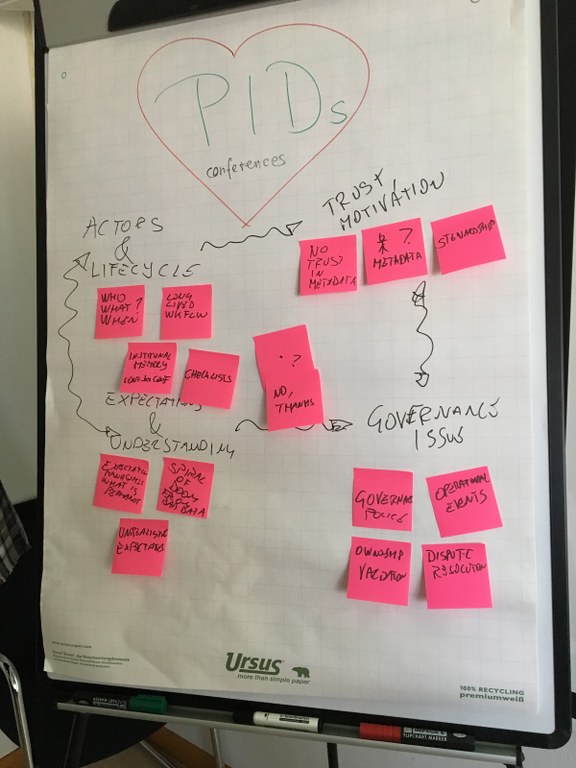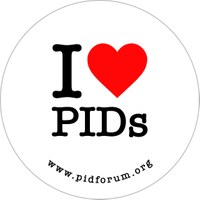The FREYA project is coming to an end in november 2020 and this is the time to present an overview of the project’s results and achievements.
Together with our sister-projects EOSC-Hub and SSHOC, FREYA organized a conference in the week of the 16th november 2020 which we used to showcase the project’s results and discuss their uptake and sustainability....


 This year’s destination of PIDapalooza, the relatively new but already famous persistent identifier festival, was Dublin and many partners from FREYA travelled to Ireland to present their work. For us, this year’s edition of PIDapalooza largely revolved around the launch of pidfo...
This year’s destination of PIDapalooza, the relatively new but already famous persistent identifier festival, was Dublin and many partners from FREYA travelled to Ireland to present their work. For us, this year’s edition of PIDapalooza largely revolved around the launch of pidfo...